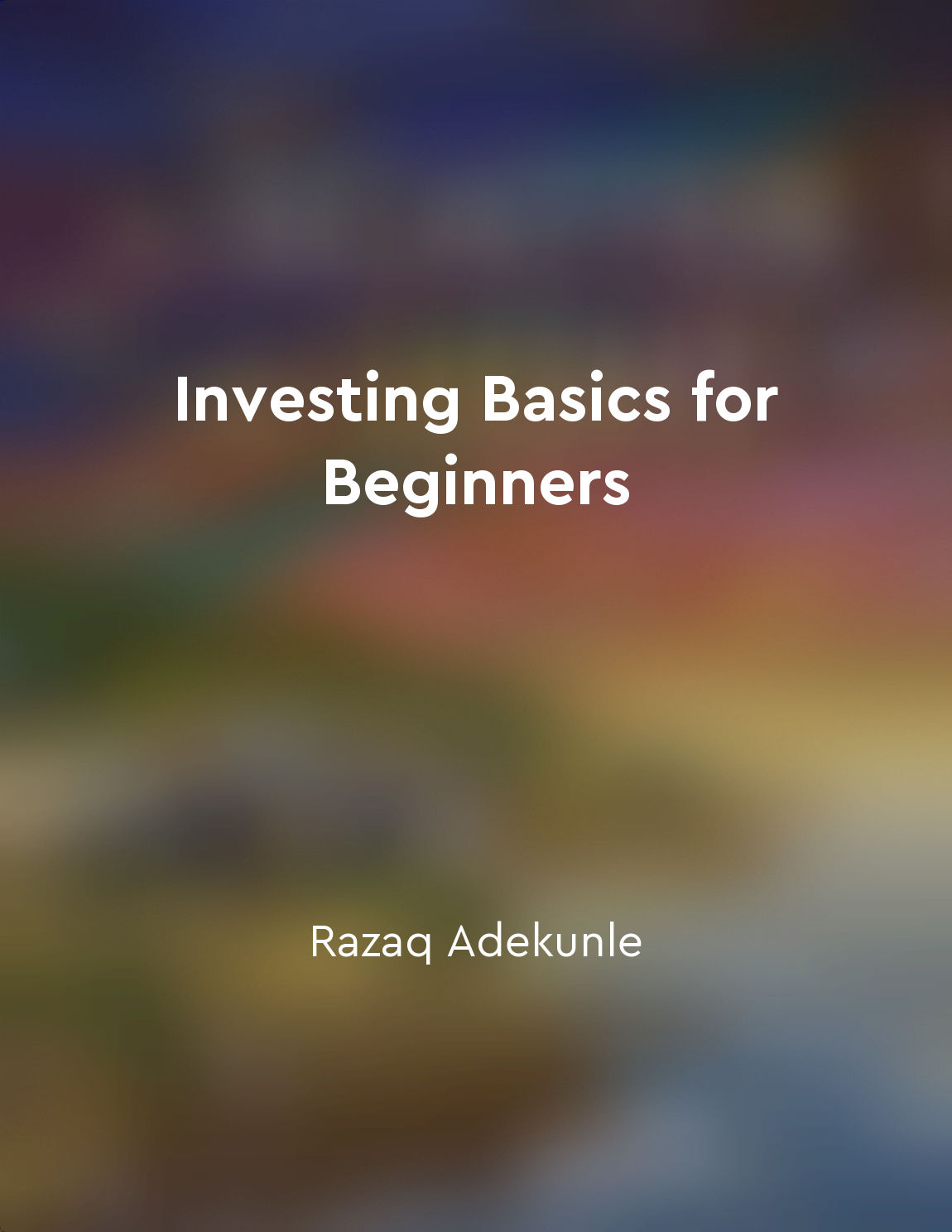Audio available in app
Understand the difference between active and passive investing from "summary" of Investing Basics for Beginners by Razaq Adekunle
Active investing involves actively buying and selling stocks, bonds, or other securities in an attempt to outperform the market. This approach requires a significant amount of time, effort, and research to make informed decisions about which investments to buy and sell. Active investors often rely on market analysis, financial news, and other sources of information to guide their investment decisions. On the other hand, passive investing involves investing in a diversified portfolio of securities and holding them for the long term. Instead of trying to beat the market, passive investors aim to match the performance of a specific market index, such as the S&P 500. This approach requires less time and effort than active investing, as passive investors typically buy and hold a mix of assets that mirror the composition of the chosen index. One key difference between active and passive investing is the level of involvement required from the investor. Active investing demands constant monitoring of the market and individual investments, as well as regular adjustments to the portfolio. In contrast, passive investing involves a more hands-off approach, with investors making fewer trades and focusing on long-term growth rather than short-term gains. Another important distinction is the cost associated with each strategy. Active investing tends to be more expensive due to trading fees, commissions, and other expenses incurred from frequent buying and selling of securities. Passive investing, on the other hand, typically has lower costs because it involves fewer trades and relies on low-cost index funds or exchange-traded funds (ETFs) to track market performance.- The decision between active and passive investing comes down to individual preferences, risk tolerance, and investment goals. Active investors may be willing to take on higher risks and potential rewards in pursuit of market-beating returns, while passive investors may prioritize lower costs, reduced time commitment, and consistent, long-term growth. Both approaches have their own advantages and drawbacks, so it is essential for investors to carefully consider their options and choose a strategy that aligns with their financial objectives.
Similar Posts

International financial markets offer opportunities for diversification
International financial markets provide investors with the opportunity to diversify their portfolios across different countries...
Set clear goals and track your progress
Setting clear goals is crucial on the path to wealth. Without clear objectives, it is difficult to know where you are going or ...
Continuously seek to improve your financial IQ
In the game of money, the most important asset you can possess is not money itself, but rather your financial intelligence. You...

Take advantage of tax benefits for investors
One important concept that investors should be aware of is the various tax benefits available to them. By understanding and tak...

Believe in your ability to achieve financial success
Believing in your ability to achieve financial success is a critical mindset to adopt if you want to build wealth. It all start...
Be disciplined in your financial habits
Being disciplined in your financial habits is crucial for achieving financial success. This means being mindful of your spendin...
Diversify assets globally for risk management
Diversification is a crucial strategy when it comes to managing risk in investment. By spreading your assets across different g...
Diversification is key to mitigating financial risk
Diversification is the financial strategy of spreading your money across different assets or investments to reduce risk. Imagin...

Take action towards financial independence
To achieve financial independence, you must take action. It is not enough to simply wish for it or dream about it. You must be ...
Take advantage of employersponsored retirement plans
Employer-sponsored retirement plans are a valuable tool for building wealth over time. These plans typically offer tax advantag...


